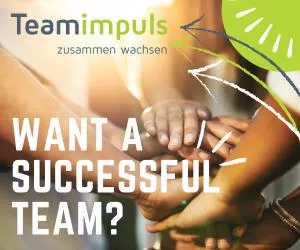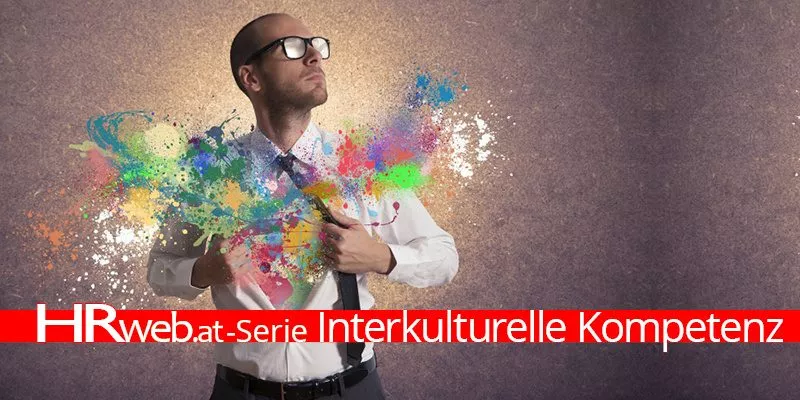Mark LEVY (Former Airbnb and Allbirds Employee Experience Leader) spricht beim Employee Experience Summit (6okt2020 in Wien, www.EXsummit.at) über „The shift from Human Ressource to Employee Experience“. Er sagt: our goal was „to treat our employees the same way we want them to treat our customers.“
Interview
 Dieser Summit findet auf Deutsch und Englisch statt, ich habe diesen englisch-sprachigen Speaker (Mark Levy Foto rechts) zum Interview gebeten und schon vorab etwas mehr über sein Thema erfahren:
Dieser Summit findet auf Deutsch und Englisch statt, ich habe diesen englisch-sprachigen Speaker (Mark Levy Foto rechts) zum Interview gebeten und schon vorab etwas mehr über sein Thema erfahren:
Employee Experience is not totally new – what is your unique topic/target regarding Employee Experience?
We were the pioneers of Employee Experience at Airbnb. We actually started this evolution from HR to Employee Experience. It began as a way to treat our employees the same way we want them to treat our customers. That is how the term Employee Experience started. It means that all leaders and functions, not just HR, change their mindset and ways of working. The headline is to do things WITH and FOR your employees, not to them. It was about co-creating the workplace, workspace, programs and processes so that they help you determine what are the priorities and how to solve the challenges.
What does Employee Experience mean at Airbnb?
At Airbnb the mission was to „Create a World Where Anyone Can Belong Anywhere“. So, our internal strategy for Employee Experience was to create an organization where people felt they belonged. By doing so, we helped our employees to understand how we supported our hosts to deliver belonging to our guests. We brought belonging to life by creating connections. Between the company and the employees, between employees and their colleagues. Whether they worked with them on a team or they were friends with common interests. Employees with customers as well as employees with the communities – through social impact and volunteering.
What are your hands-on-recommendations for everyone who would like to establish Employee Experience in the company?
- This is a companywide initiative. It needs to be embraced by the leaders and democratized by every employee.
- Ensure that all adjacent functions take the same approach to treating the employees like customers. Finance and IT are examples where there programs and interactions should help employees do their jobs more easily.
- The employee experience needs to be rooted in your mission and values. These need to be authentic, relevant and engaging. They are the foundation of your culture. What you do is who you are!
- You need to understand the different needs of your employees by listening, using engagement surveys, having open forums for questions and answers, and then understand that the solutions can not be one size fits all. You have different generations, different backgrounds, different living situations, that all need to be addressed- particularly during the remote working we have found ourselves in, with many companies considering a longer term remote first approach to working.
- Empower your line managers to be great leaders, to be empathetic and good listeners, to address individual and team needs, and to support their employees growth and development. This will require setting expectations and building their capabilities. This is new and necessitates supporting them to shift to an EX mindset, in order to implement this new way of working.
Moments that matter: what does that mean – which moments matter most? How can HR figure out the special moments for their company?
Moments that matter are the touchpoints from applicant to alumni. It is important to understand how to address each of these in a way that helps to engage the employee, to ensure that they can be productive, and that they can deliver on the company’s promise to the customer.
Which moments matter – depends on many factors… the industry, the culture, and then more specifically the employees situation. Typical moments that matter are: Job Offer, First Day, Onboarding (should be through their first 90 days), One on Ones with your Manager, Anniversaries, Birth or Adoption of a Child, Promotion, Performance Reviews and then any milestones or monumental activities either for the individual, department or company.
About Mark Levy
Mark is a seasoned globally minded Employee Experience Leader who has chosen to work for big hearted companies and focus on how he and his team can unleash the talents and passions of a company’s employees. Early in his career, he worked with the likes of Best Buy, Levi Strauss & Company and Gap Inc. partnering with business leaders to support their HR needs including innovative ways to create a learning organization and ensure integration between work and life. Mark also spent two years living and working in Paris, France for Thomson/Technicolor.
Mark was the pioneer of designing the Employee Experience at Airbnb, which has since created significant changes in the way organizations globally are looking at expanding the HR function to focus on the entire employee journey. This group included traditional HR functions, in addition to broader teams focused on areas such as social impact, culture and workplace. Glassdoor recognized Mark and his team’s work by naming them the #1 Place to Work in 2016.
Employee Experience | It’s basically a mind-set.
Tipp: Mark Levy beim Employee Experience Summit
- Mark Levy spricht über „The shift from Human Ressource to Employee Experience“
- 6okt2020
- Wien
- Teilnahme vor Ort & Online möglich!
- www.EXsummit.at








